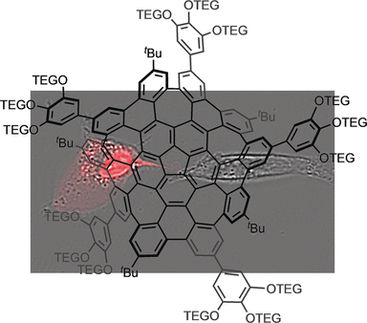New molecular probes that shed light on biological systems
Reactive sulfur species have attracted increasing attention in biomedical research because of their involvement in a variety of physiological functions. There has been a rising interest in sulfane sulfur compounds – compounds which contain sulfur atoms with six valence electrons, but no charge – because of the regulatory role they play in diverse biological systems. However, until now, the only selective methods for detecting sulfane sulfurs have been destructive to biological samples and cannot be used for real-time imaging.
Research describes the development of two new fluorescent probes for highly sensitive and selective identification of sulfane sulfurs. The probes were rationally designed to react selectively with sulfane sulfur compounds in a fast addition-cyclisation to form benzodithiolone and release a fluorophore. The scientists showed that they were able to detect fluorescence from the probes in cultured cells, paving the way for development of non-destructive probes for sulfane sulfurs that can be used in living cells and even in vivo.
Original publication
W Chen et al, Chem. Sci., 2013
Original publication
W Chen et al, Chem. Sci., 2013
Organizations
Other news from the department science

Get the chemical industry in your inbox
By submitting this form you agree that LUMITOS AG will send you the newsletter(s) selected above by email. Your data will not be passed on to third parties. Your data will be stored and processed in accordance with our data protection regulations. LUMITOS may contact you by email for the purpose of advertising or market and opinion surveys. You can revoke your consent at any time without giving reasons to LUMITOS AG, Ernst-Augustin-Str. 2, 12489 Berlin, Germany or by e-mail at revoke@lumitos.com with effect for the future. In addition, each email contains a link to unsubscribe from the corresponding newsletter.
Most read news
More news from our other portals
Last viewed contents
Category:Aromatic_amino_acids
Albert von Hebel appointed member of the management team of BYK-Chemie GmbH
Allosteric_regulation




























































